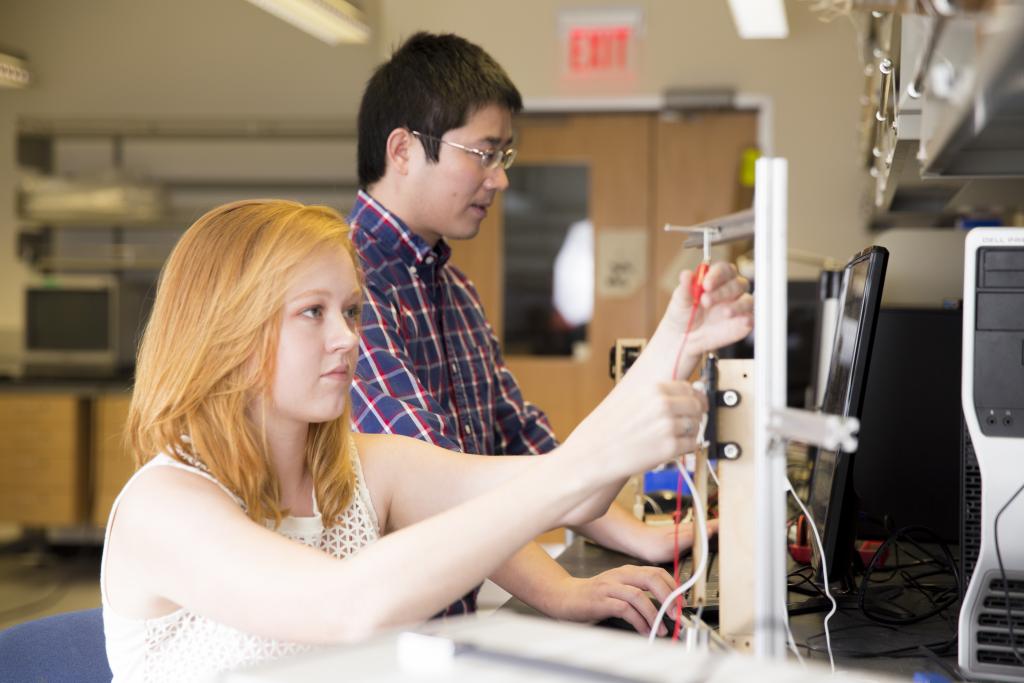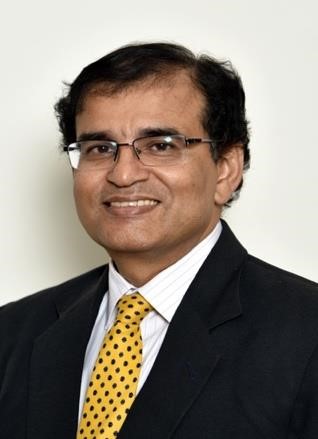Summer Math Initiative: Program Schedule
Thank You for Joining the Summer Math Initiative!
This program is designed to help you prepare for ECE 35 by reviewing key mathematical concepts. Over the course of the summer, we will focus on the following three topics:
-
Solving Systems of Linear Equations
-
Derivatives and Integrals
-
Complex Numbers
Schedule
All sessions are held Wednesdays from 6:00 PM – 7:00 PM (via Zoom).
-
Opening Session – July 9
Instructor: Professor Nguyen
Overview of the program, topics to be covered, and tutor introductions.
Access the session here: Zoom
Topic 1: Solving Systems of Linear Equations
Tutor: Huong Hoang
-
July 23 – Introduction, problem-solving strategies, Q&A
Access the session here: Zoom
-
July 30 – Review homework problems, Q&A
Access the session here: Zoom
Topic 2: Complex Numbers
Tutor: Mehmet Bagci
-
August 6 – Introduction, practice problems, Q&A
Access the session here: Zoom
-
August 13 – Review homework problems, Q&A
Access the session here: Zoom
Topic 3: Derivatives and Integrals
Tutor: Runfa Li
-
August 20 – Introduction, practice problems, Q&A
Access the session here: Zoom
-
August 27 – Review homework problems, Q&A
Access the session here: Zoom
We look forward to an engaging and productive summer of learning!










 (1).jpeg)



.png)
.png)
.png)


